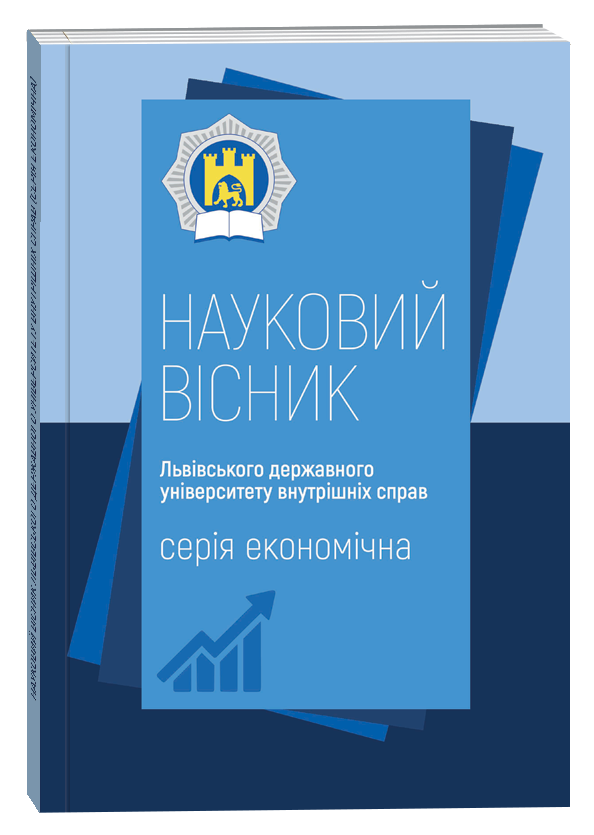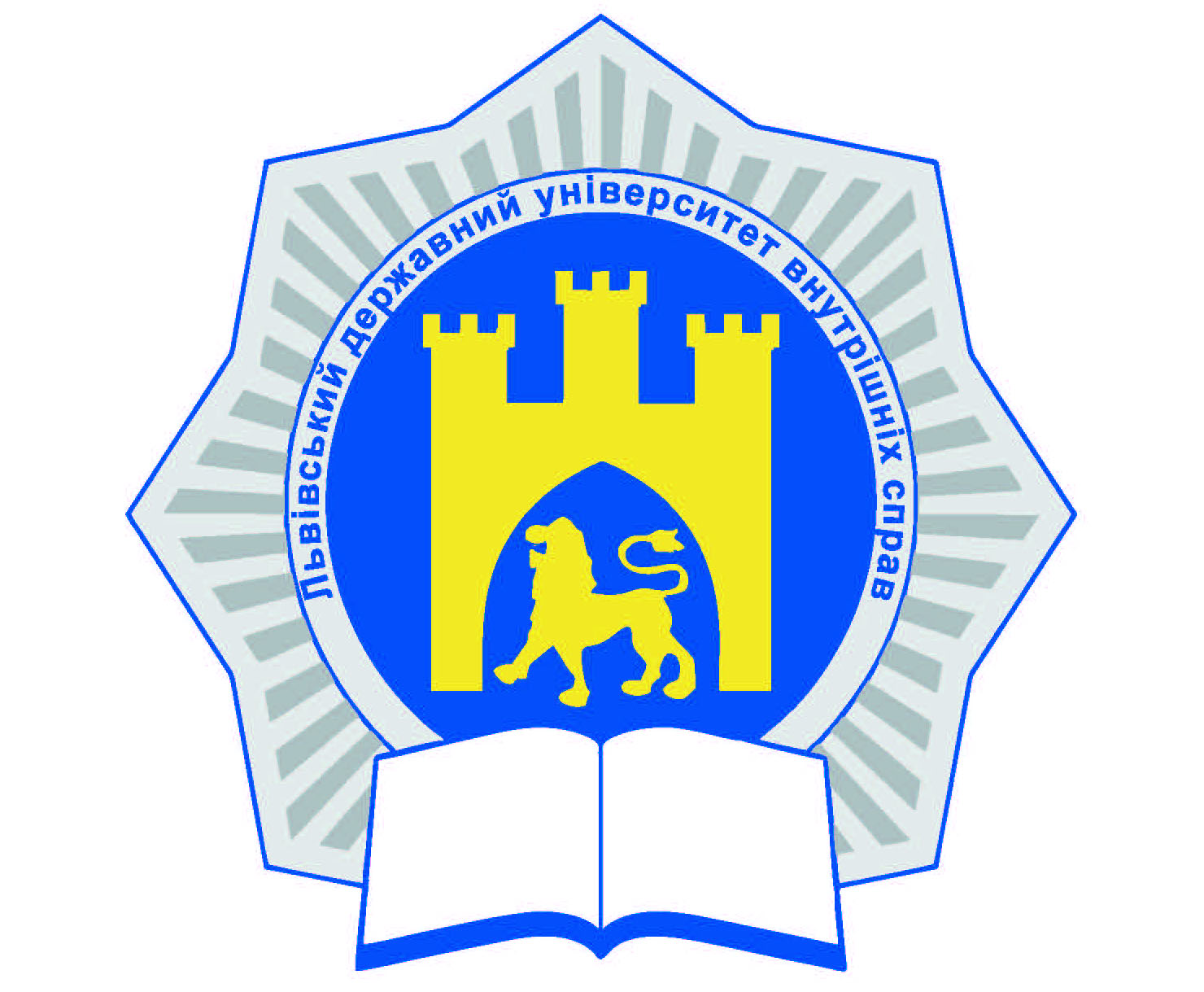FEATURES OF CREATIVE MANAGEMENT FOR INNOVATIVELY ACTIVE SOCIO-ECONOMIC SYSTEMS
DOI:
https://doi.org/10.32782/2311-844X/2022-2-5Keywords:
management, creativity, creative management, socio-economic system, innovation, enterpriseAbstract
The main purpose of the article is to characterize the main elements of creative management for innovatively active socio-economic systems. The object of research is the system of creative management. The research methodology implies the use of modern theoretical methods for analyzing the features of the implementation of creative management of innovatively active socio-economic systems. It has been determined that the main goal of the creative management of socio-economic systems is the process of forming various kinds of innovative ideas, as well as their selection from the array of proposed ideas and their subsequent evaluation. It is proved that creative management is a specific management system of an organization that functions effectively in difficult conditions of instability and crisis situations. Currently, the application of creative management in practice is the main source of competitive advantage. In almost any industry, the one who has the creative potential and implements innovations ultimately wins. It has been determined that creative management tools are used both in emergency situations and constantly, contributing to strategic development through innovative solutions that provide competitive advantages in the market. Analysis of the organization's creative management system allows you to identify problem areas that lead to inefficient functioning of the organization and helps determine areas for improving the creative management system. As a result, the main features of creative management for innovatively active socio-economic systems were characterized. It has been proven that the use of creative management for socio-economic systems increases the level of its development, helping to progress and open up new areas of application. It has been determined that creative management helps to find their place for more specialists who are able to form and implement non-standard ways of solving problems.
References
Szostak, M., & Sułkowski, Łukasz. Manager as an artist: creative endeavour in crossing the borders of art and organizational discourse. Creativity Studies, 13(2), 2020, 351–368. DOI: https://doi.org/10.3846/cs.2020.11373
Ceylan, C., Dul, J., & Aytac, S. Can the office environment stimulate a manager’s creativity? Human Factors and Ergonomics in Manufacturing and Service Industries, 18(6), 2008, 58–602. DOI: https://doi.org/10.1002/hfm.20128
Bilan, Y., Vasilyeva, T., Kryklii, O., & Shilimbetova, G. The creative industry as a factor in the development of the economy: dissemination of European experience in the countries with economies in transition. Creativity Studies, 12(1), 2019, 75–101. DOI: https://doi.org/10.3846/cs.2019.7453
Kovaitė, K., Šūmakaris, P., & Korsakienė, R. Sustainability in creative and cultural industries: a bibliometric analysis. Creativity Studies, 15(1), 2022, 278–298. DOI: https://doi.org/10.3846/cs.2022.16565
Reimeris, R. Theoretical features of the creative society. Creativity Studies, 9(1), 2016, 15–24. DOI: https://doi.org/10.3846/23450479.2015.1088902
Beirne, M., & Knight, S. From community theatre to critical management studies: a dramatic contribution to reflective learning? Management Learning, 38(5), 2007, 591–611. DOI: https://doi.org/10.1177/1350507607083209
Atkinson, D. M. Thinking the art of management: stepping into «Heidegger’s Shoes». 2007, Palgrave Macmillan. DOI: https://doi.org/10.1057/9780230589988_10
Szostak, M., & Sułkowski, Łukasz (2020) Manager as an artist: creative endeavour in crossing the borders of art and organizational discourse. Creativity Studies, 13(2), 351–368. DOI: https://doi.org/10.3846/cs.2020.11373
Ceylan, C., Dul, J., & Aytac, S. (2008) Can the office environment stimulate a manager’s creativity? Human Factors and Ergonomics in Manufacturing and Service Industries, 18(6), 589–602. DOI: https://doi.org/10.1002/hfm.20128
Bilan, Y., Vasilyeva, T., Kryklii, O., & Shilimbetova, G. (2019) The creative industry as a factor in the development of the economy: dissemination of European experience in the countries with economies in transition. Creativity Studies, 12(1), 75–101. DOI: https://doi.org/10.3846/cs.2019.7453
Kovaitė, K., Šūmakaris, P., & Korsakienė, R. (2022) Sustainability in creative and cultural industries: a bibliometric analysis. Creativity Studies, 15(1), 278–298. DOI: https://doi.org/10.3846/cs.2022.16565
Reimeris, R. (2016) Theoretical features of the creative society. Creativity Studies, 9(1), 15–24. DOI: https://doi.org/10.3846/23450479.2015.1088902
Beirne, M., & Knight, S. (2007) From community theatre to critical management studies: a dramatic contribution to reflective learning? Management Learning, 38(5), 591–611. DOI: https://doi.org/10.1177/1350507607083209
Atkinson, D. M. (2007) Thinking the art of management: stepping into «Heidegger’s Shoes». Palgrave Macmillan. DOI: https://doi.org/10.1057/9780230589988_10





